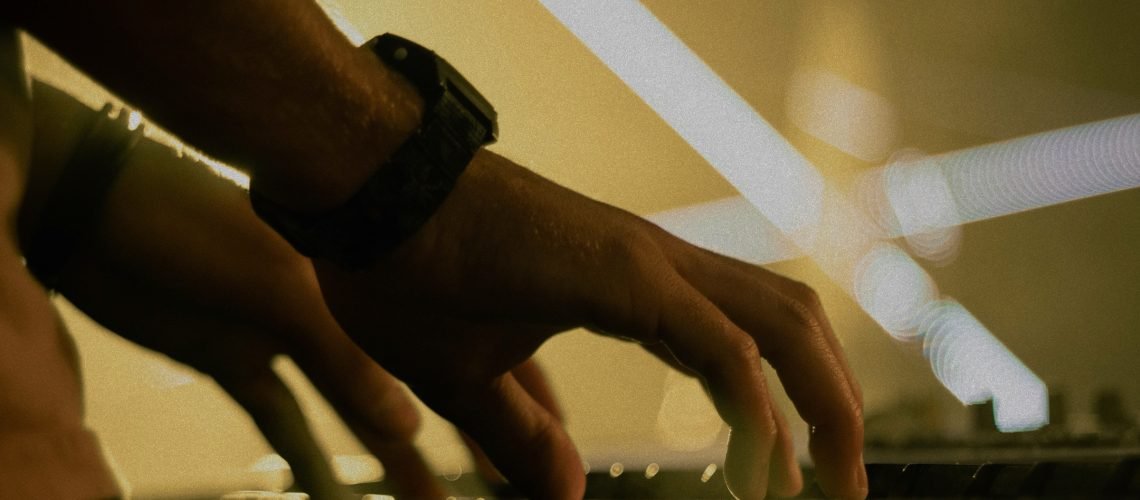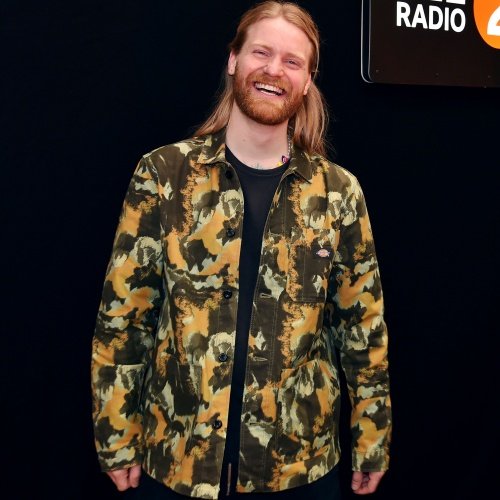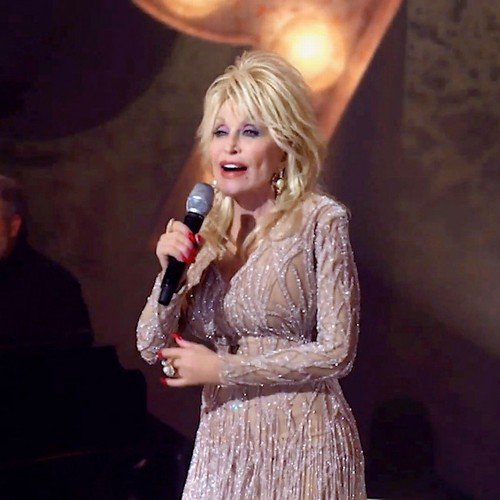Music consolidation continues – even beyond what we might have imagined. Hal Leonard is “joining” software maker Muse Group in a “partnership” (read: merger, but with separate operations, they say). Private equity giant Francisco Partners, the same company behind the NI – Plugin Alliance – iZotope conglomerate, is providing the investment.
This is Cyprus-based Muse Group, the company behind MuseScore, Audacity, Tonebridge, StaffPad, Ultimate Guitar, and audio.com. And it’s unlikely to settle worries about that growing corporation and its impact on the open source tools in its stable, least of all with Francisco Partners being involved. The investment company has been linked to criticism over censorship surveillance policies – see Bloomberg, CitizenLab. (They left controversial firm NSO Group in 2019.) This will be an irony above ironies, as Muse Group’s tangle with the open-source community was partly over telemetry – and then their growth money comes from a private equity firm that has come under fire over censorship and privacy. I should say that after user feedback, Muse Group immediately changed telemetry to opt-in only, and I don’t want to imply that’s likely to change any time soon. But private equity in general is likely to make people a bit jumpy, let alone the mention of Francisco Partners. Clarification: Added a note that Muse Group changed their telemetry policy. Note: telemetry data can be useful in development, even as those concerns can be warranted and the user feedback was valuable – this is one to follow up on more separately.
On the other hand, the difference with this being a company whose flagship products are open source is, the code and license remain open. If the investment works out for you, then great. If not, the investment in the code is still protected by that license. See MuseScore and Audacity on GitHub. This is a healthy possibility of forks and open source licensing – it allows different groups to go in different directions, sometimes even in parallel.
Muse tells CDM, “Muse remains committed to our free, open-source tools — namely Audacity and the MuseScore desktop app. A commitment to open-source is a huge part of the company culture, and that won’t change any time soon.”
Hal Leonard, for their part, is the world’s biggest sheet music publisher and music education company, a global provider of scores and instructional materials.
And make no mistake – putting these two together is a huge play. Think Disney and Taylor Swift. From the press release, emphasis mine:
Along with its massive catalog of premier educational and classical music, Hal Leonard’s licensed arrangements include the world’s most iconic artists and scores, from Taylor Swift and The Beatles to John Williams and Disney soundtracks. Combined with over 3 million expert and community-created tabs and compositions on Muse Group’s Ultimate Guitar and MuseScore, the joint business now includes a content library of over 5.5 million scores, tabs, books, video courses, backing tracks and presets.
Now musicians can look forward to learning more from Hal Leonard’s high-quality arrangements and top-selling content in digitized, interactive formats on Muse platforms. With over 300 million annual visitors and over 40 million accounts on Ultimate Guitar and MuseScore alone, a whole new global audience will discover Hal Leonard’s library. Muse Group will also bring significant creator software and technical innovation to Hal Leonard’s digital offerings. Flagship Muse Group achievements include the award-winning, open-source MuseScore 4 notation app, cutting-edge Muse Sounds playback presets, plus StaffPad’s new machine-learning ‘Piano Capture’ composition tool.
There’s also a brief mention of AI:
In addition to their invaluable licensing and arranging experience, the considerable educational expertise of the Hal Leonard team will provide impetus to further expand Muse Group’s offering to music learners of all skill levels, through both crafted curriculums and pioneering AI-powered tools.
Muse Group tells CDM that those tools are based on machine learning-powered input – as in listening to your playing to provide interactive feedback tools. That’s a compelling use case; even tuning tools can benefit from machine learning tracking versus conventional (less accurate/more noisey) pitch tracking techniques. Clarification: Edited to describe what they mean by AI tools.
Muse explains: “In StaffPad’s case this can turn performances into sheet music‚ but in future could also be used to review your personal practice and suggest where you can improve. These are the kind of AI tools we’re experimenting with, rather than an AI-generated curriculum.”
The combination of Hal Leonard and Muse could open up new growth in scoring. But I do expect, as with any big private equity deal, that there will be some continued questions about trust likely to dog Muse. If they want buy-in from the community, that trust will need to be continually won from open-source software contributors and people generating scores. I think a healthy dose of skepticism is more than warranted here. As with the migration from (now mostly defunct) OpenOffice to LibreOffice has proven, open-source communities can and sometimes very much should go their own way, too. With ecosystems in music streaming as unhealthy as they are, it remains to be seen if musicians can find a healthy market for scores.
But if you were wondering if open source tools can be seen as valuable? They absolutely can.
More on Muse:
And Hal Leonard:
Oh, I should work out whatever happened to the book I did for Hal Leonard. Uh… excuse me for a bit.




